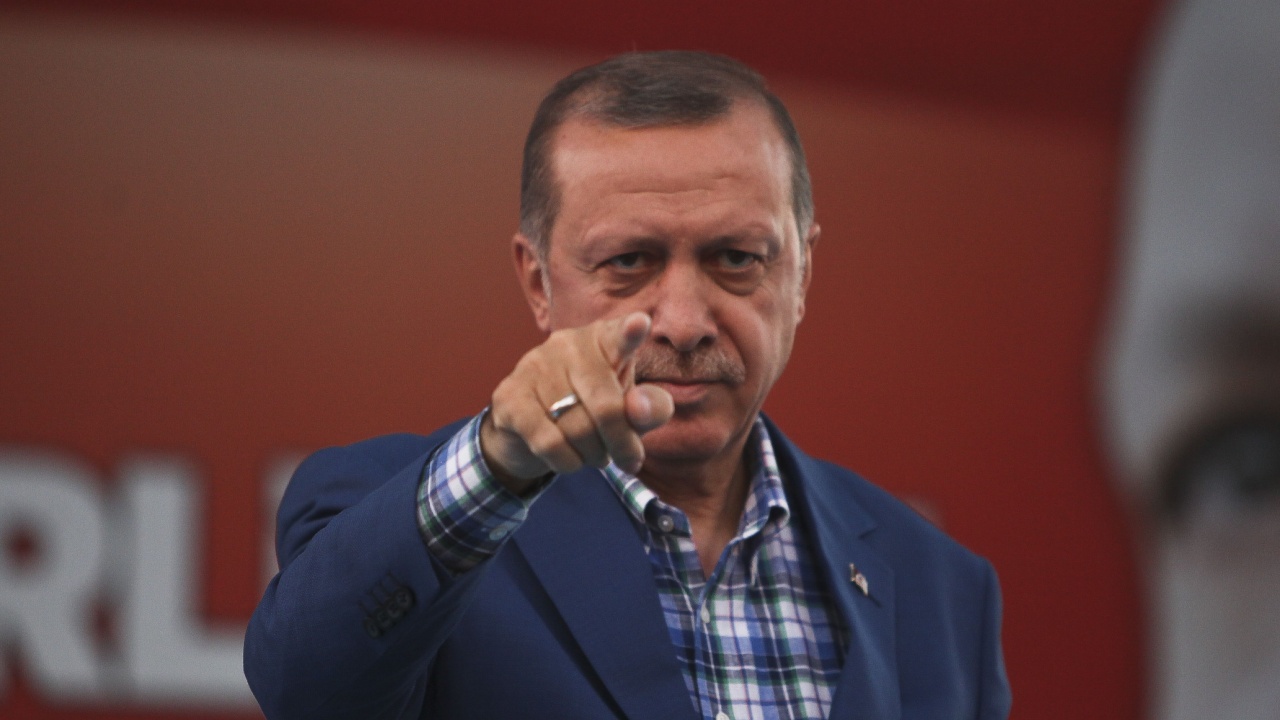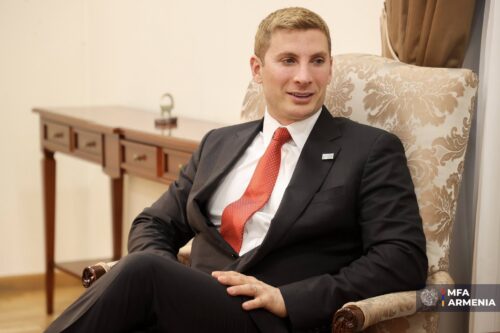
The National Interest: In a changing Middle East, Turkey and Israel are poised for rivalry and potential conflict
Israeli prime minister Benjamin Netanyahu could only offer a tense smile in the Oval Office on April 7 when President Donald Trump expressed his admiration for Turkish president Recep Tayyip Erdogan and congratulated Turkey on taking over Syria. Nor did Netanyahu look particularly reassured when Trump claimed that he could “solve” any problem between Israel and Turkey, The National Interest writes.
Sources suggest Trump may meet with Ahmad al-Sharaa, the newly appointed Syrian president and former leader of Al Qaeda’s Syrian branch. This move will certainly raise anxieties in Israel and across the region. There is wide speculation that Turkey has secretly been supporting al-Sharaa and Hay’at Tahrir al-Sham (HTS). This group has ruled Syria since the fall of Bashar al-Assad in December 2024.
“Perhaps Trump hopes Turkey’s influence in Syria could support the U.S. counterterrorism effort and contain Iranian influence in the region. But these hopes are overly optimistic. In all likelihood, Assad’s fall from power—and the emergence of al-Sharaa in his place—will simply replace one problem with another. To be clear, the fall of the Assad regime is a positive development for the interests of the Middle East and the United States,” the website writes, noting that recent developments in Syria have significantly weakened Iran and its “Axis of Resistance,” which seeks to expel U.S. forces from the Middle East.
With Iran’s regional influence quickly fading, the traditional order appears to be returning. Erdoğan, who has ties to the Muslim Brotherhood and has espoused Islamist views, is inciting renewed Sunni aggression against Israel at a time when Sunni Arab states like Saudi Arabia and the UAE are seeking to normalize relations with the Jewish state. In a March 31 speech, Erdoğan prayed for Hamas and Israel’s destruction.
Israel has not stood by idly as Turkey attempts to make inroads into Syria. Since the fall of Bashar al-Assad, it has launched airstrikes and even conducted ground operations in Syria to deny Turkey access to Syrian military installations like the T-4 airbase in Tadmor. It has communicated to Ankara that it considers the establishment of a Turkish military base in Syria a red line.
Israel is also building ties with the Syrian Druze community, a religious minority in southern Syria.
Israeli and Turkish representatives recently met in Azerbaijan, a country that has maintained close relations with both states, to ease escalating tensions and deconflict their military operations in Syria. However, only the United States has the power and influence to mediate between two allies that seem poised for rivalry and potential conflict.
While the United States’ desire to avoid triggering an escalation with a NATO ally is understandable, this should not translate into a policy of appeasement toward Turkey and its emerging proxy in Syria.


